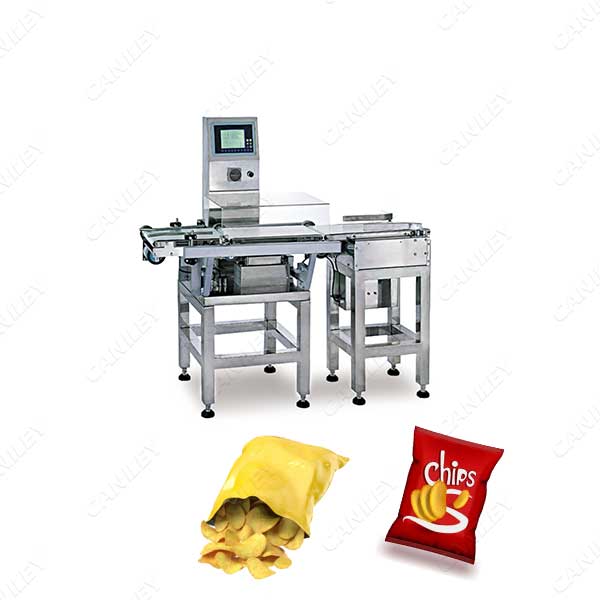In the food industry, ensuring consumer safety and product quality is of paramount importance. Food manufacturers employ various techniques and technologies to prevent contaminants from entering the production process and reaching consumers. One such crucial tool in maintaining food safety standards is the metal detector. Metal detectors play a vital role in the food industry by detecting and preventing metal contaminants from contaminating food products. Do you know what is the use of metal detector in food industry?

Detecting metal contaminants:
Metal contaminants can enter food products during various stages of production, including processing, packaging, and even during transportation. Metal detectors are employed to identify and remove these unwanted metallic substances effectively. The detectors operate on the principle of electromagnetic induction or magnetic fields to identify the presence of metal in food items. They can detect different types of metals, including ferrous (magnetic), non-ferrous (non-magnetic), and stainless steel.
Preventing physical hazards:
The presence of metal contaminants in food can lead to severe consequences for consumers, such as choking, cuts, or internal injuries. Metal detectors act as a safety net, minimizing the risk of physical hazards. By promptly identifying and removing metal fragments or foreign objects, they contribute significantly to preventing accidents and potential injuries that could result from consuming contaminated food.
Complying with regulations and standards:
Food safety regulations and standards are stringent across the globe, with strict guidelines in place to ensure consumer protection. Metal detectors are an integral part of compliance efforts within the food industry. Organizations must adhere to regulations set by local authorities, such as the Food and Drug Administration (FDA) in the United States or the European Union's European Food Safety Authority (EFSA). Utilizing metal detectors helps companies meet these regulatory requirements and maintain compliance with industry-specific standards, such as Hazard Analysis and Critical Control Points (HACCP).
Safeguarding brand peputation:
Instances of food contamination can severely damage a company's reputation, leading to financial losses and loss of consumer trust. Metal detectors play a crucial role in safeguarding brand reputation by preventing incidents of contamination from occurring in the first place. By employing robust metal detection systems throughout the production line, food manufacturers demonstrate their commitment to quality and safety, reassuring consumers that their products are free from metal contaminants.
Cost-effectiveness and efficiency:
Implementing metal detectors in the food production process offers cost-effective solutions for businesses. Early detection and removal of metal contaminants prevent downstream disruptions, such as product recalls or potential legal consequences. By investing in metal detection technology, companies can avoid the financial burden associated with product recalls, litigation, and negative publicity.
Enhancing quality control:
Apart from ensuring food safety, metal detectors also contribute to overall quality control. Detecting and removing metal contaminants early in the production process minimizes the risk of equipment damage. Metal particles can cause significant harm to processing machinery, leading to costly repairs or downtime. By maintaining the integrity of production equipment, metal detectors aid in maximizing operational efficiency and minimizing interruptions.





















